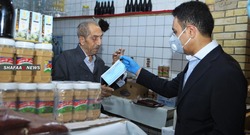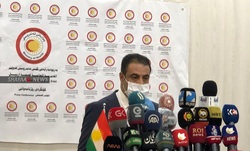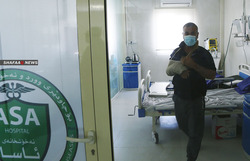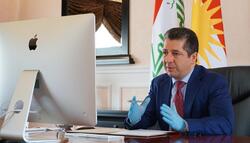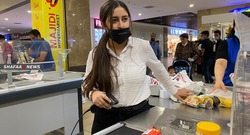Kurdistan Islamic Union anticipates "unexpected" decisions from the federal court
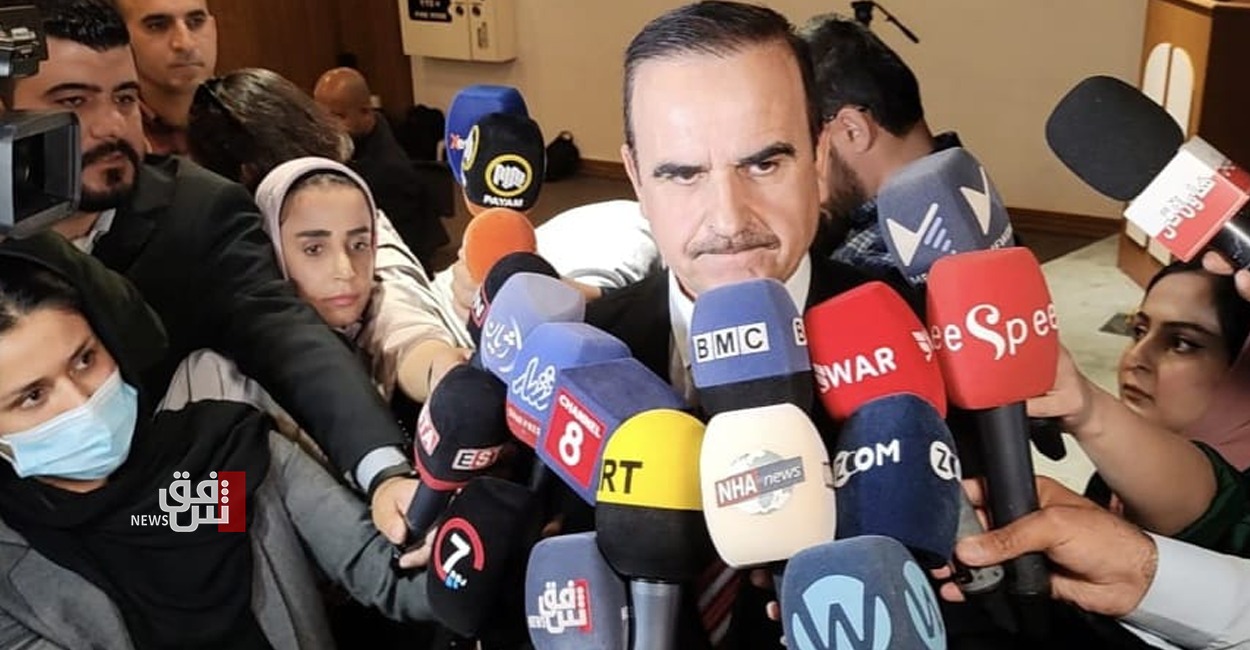
Shafaq News/ On Wednesday, the Kurdistan Islamic Union (KIU) predicted new decisions from the Supreme Federal Court that are "unexpected" while considering that postponing the parliamentary elections in Kurdistan would harm the people of Kurdistan.
During a press conference, Osman Karwani, KIU's leadership council member, stated, "Postponing the elections means that the Region must wait for another decision from the Supreme Federal Court and for further external interventions from other countries, losing all international support."
He added that "it is expected that there will be other decisions from the Iraqi Federal Court that are unexpected, as some did not expect the decisions it issued previously, and this requires Kurdistan to fortify its legislative and governmental institutions," emphasizing the "unity among the parties and the unification of the Kurdish house to face the current situation."
"The Kurdistan Islamic Union was not in favor of postponing the elections and is now in favor of holding them on schedule as postponing them would harm the people of the Kurdistan Region if there is no agreement on this…if the elections are not held, crises will worsen."
This position came after the Political Bureau of the Patriotic Union of Kurdistan confirmed yesterday, Tuesday, the necessity of holding parliamentary elections at their scheduled time by the Kurdistan Region Presidency on the 10th of June next.
Meanwhile, Latif Nerobi, a leader in the Patriotic Union of Kurdistan, stated that the decisions of the Iraqi Federal Court were in favor of the region.
During a press conference on Wednesday, Nerobi, a key PUK member, reiterated the party's support for the Independent High Electoral Commission's (IHEC) decisions regarding the timing of the elections.
Nerobi emphasized the importance of adhering to the electoral schedule and expressed confidence in the Federal Court's decisions, which the PUK views as "beneficial for the Region's representation and legitimacy."
The controversy stems from the Federal Court's recent rulings on elements of the Kurdistan Region's election law. One such ruling deemed a specific article concerning minority quotas unconstitutional, prompting the withdrawal of the Turkmen minority from the electoral process.
Additionally, the Federal Court mandated that Iraq's IHEC would oversee the parliamentary elections, introducing a shift from the previous electoral framework. The region has now been divided into four constituencies, departing from the last single-constituency system.
In this regard, a senior KDP member, Majid Shingali, expressed skepticism about the feasibility of holding elections without the KDP's participation.
Shingali pointed out to Shafaq News the KDP's substantial political presence in Erbil and Duhok, underscoring the potential challenges of conducting the electoral process without the involvement of the region's largest party.
Meanwhile, KDP leader Masoud Barzani emphasized the party's commitment to resolving technical and legal obstacles surrounding the elections. Barzani stressed the importance of upholding free and fair electoral practices, signaling the KDP's willingness to engage in dialogue to address concerns and ensure a transparent electoral process.
